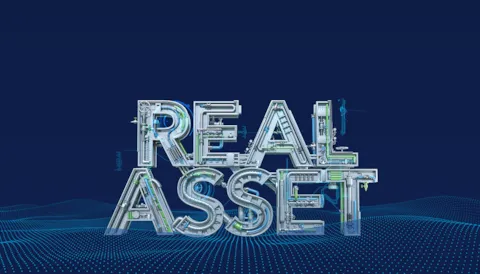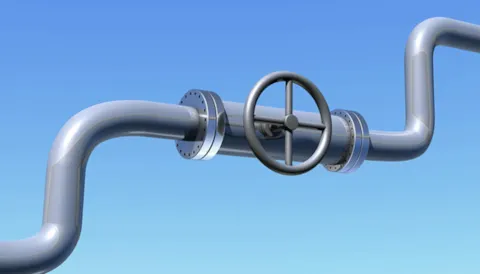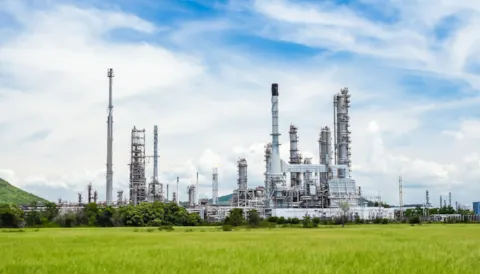Risk assessment of manned underwater operations: Diving
The project also included a review of technical and organizational development and visualization of the safety barriers.
Challenge
Equinor has contracted DNV to conduct an independent risk assessment of diving operations in connection with their oil and gas operations. In the early years of offshore diving (sixties, seventies, and to some extent the eighties), diving was associated with very high risk.
A significant development took place, and a risk assessment issued in 2005 calculated fatal accident rate, FAR, of 27.4 based on the experience from 1990 to 2003 for saturation diving on both Norway and UK Continental Shelves. For the period 2004 to 2019 the average FAR value is reduced to 7.0, which is closer to the risk level of other Oil & Gas related offshore activities.
DNV's contribution
The project also included a review of technical and organizational development and visualization of the safety barriers. The technical development has been significant, and several of the fatal accidents in the last century would not have happened with today’s systems in place. Only the largest, most advanced, and best equipped diving systems/diving support vessels (DSVs) in the world have been used for saturation diving operations in the Norwegian Sector carried out during the last 10 years. On the British Sector, the same systems/DSVs have also been used but with a significantly higher total diving activity, also more traditionally designed and equipped diving systems have to some extent been used.
In addition, the risk picture has been complemented by interviews of several key players from the industry. The purpose has been to identify key challenges for the industry with regards to risk management. Amongst other, it seems to be a challenge to establish and maintain a culture for open and honest reporting of incidents when the divers generally work on time based contracts, rather than under permanent employment. Working on time based contracts, several interviewees have emphasized the fear of not being rehired if they report hazardous incidents or notify deviation. A relationship between underreporting and employment conditions, in the favor of permanent employment, is supported be research for other professions and industries.
Outcome and benefits
On NCS, there has not been any fatal accidents after 1987. The present project contributes with background information for a best possible understanding of the risk drivers in petroleum related diving, in order to maintain the good record avoiding fatal accidents also in the future.




